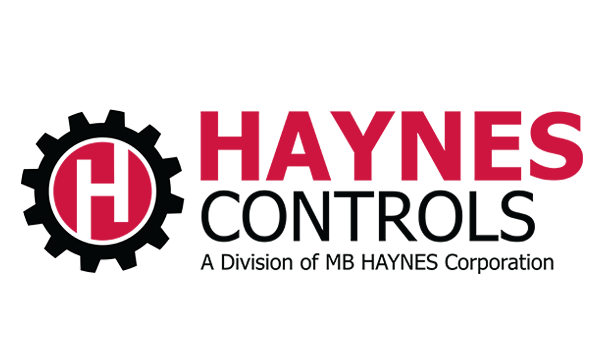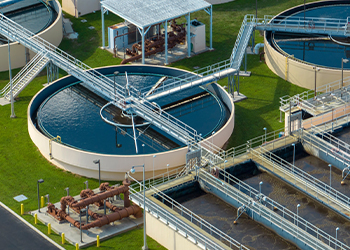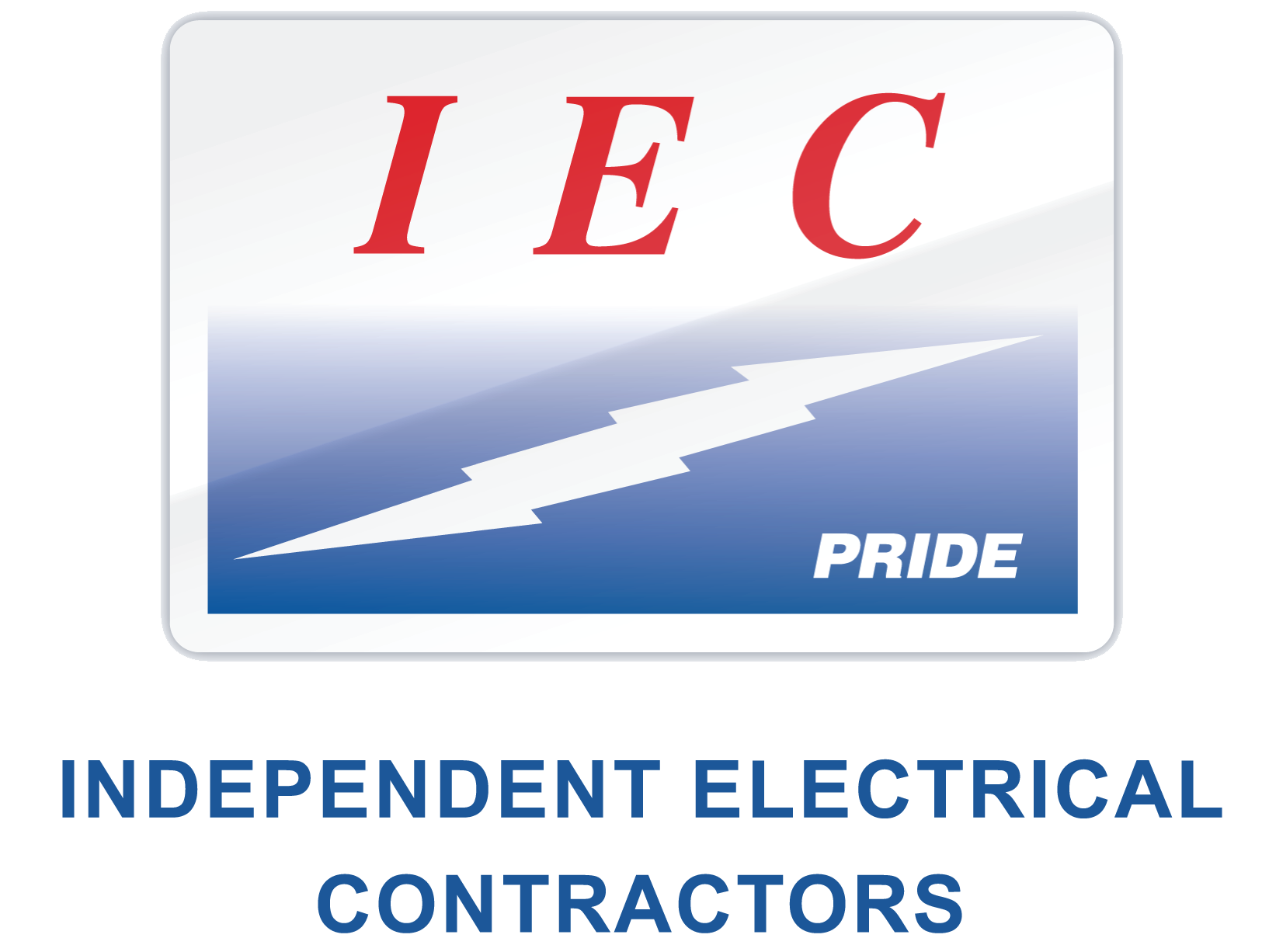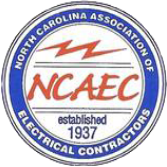
Water and Wastewater Treatment
 Electrical control panels play a crucial role in the Water and Wastewater Treatment Industry by providing a centralized and automated system for monitoring, controlling, and managing various processes involved in water treatment and wastewater purification. These panels are essential components that integrate and coordinate the diverse electrical and electronic elements within a treatment plant to ensure efficiency, reliability, and regulatory compliance. Here are some key aspects to consider:
Electrical control panels play a crucial role in the Water and Wastewater Treatment Industry by providing a centralized and automated system for monitoring, controlling, and managing various processes involved in water treatment and wastewater purification. These panels are essential components that integrate and coordinate the diverse electrical and electronic elements within a treatment plant to ensure efficiency, reliability, and regulatory compliance. Here are some key aspects to consider:
- Process Automation and Control: Electrical control panels automate and control a wide range of processes within water and wastewater treatment facilities. These processes include pumping, chemical dosing, filtration, disinfection, and sludge handling. Automation ensures precise control of parameters such as flow rates, pressure, pH levels, and chemical concentrations, optimizing the treatment processes and maintaining water quality standards.
- Integration of Equipment: Treatment plants consist of various mechanical and electrical components, such as pumps, valves, sensors, and meters. Electrical control panels serve as the nerve center, integrating these components and facilitating communication between them. This integration ensures seamless coordination, reducing the likelihood of errors and improving overall system efficiency.
- Monitoring and Data Acquisition: Control panels are equipped with advanced monitoring systems that continuously collect data from sensors placed throughout the treatment plant. This real-time data acquisition allows operators to closely monitor the status of equipment and water quality parameters. It also enables quick identification of issues, helping in timely maintenance and troubleshooting.
- Safety and Emergency Shutdowns: Electrical control panels are designed with safety features to protect the equipment, personnel, and the environment. They incorporate emergency shutdown systems that can rapidly and automatically isolate specific sections of the plant in case of a critical failure or emergency. This is crucial for preventing accidents and minimizing the impact of unforeseen events.
- Remote Monitoring and Control: Many modern electrical control panels are equipped with remote monitoring capabilities. This allows operators to monitor and control the treatment processes from a central location, enhancing operational flexibility and enabling quick responses to changing conditions. Remote access also facilitates predictive maintenance and reduces downtime.
- Compliance and Reporting: Water and wastewater treatment plants must adhere to strict regulatory standards. Electrical control panels contribute to compliance by ensuring that treatment processes meet the required specifications. Additionally, these panels often include data logging capabilities, enabling the generation of detailed reports for regulatory authorities, demonstrating adherence to environmental standards.
- Energy Efficiency: Electrical control panels contribute to energy efficiency by optimizing the operation of equipment. Variable frequency drives (VFDs) incorporated into these panels, for instance, allow for the control of motor speed, reducing energy consumption during periods of lower demand.
- Scalability and Future Upgrades: Treatment plants may undergo expansions or upgrades over time. Electrical control panels are designed to be scalable, accommodating additional equipment and processes. This flexibility ensures that the control system can adapt to the changing needs of the facility without requiring a complete overhaul.
In summary, electrical control panels are indispensable in the Water and Wastewater Treatment Industry, providing the necessary automation, control, and monitoring capabilities to ensure the efficient and compliant operation of treatment plants. Their role extends beyond basic control to encompass safety, data management, and adaptability to future technological advancements.
Our Industries
- Agricultural Industry
- Automotive Manufacturing
- Chemical Laboratories
- Chemical Processing Industry
- Data Centers
- Educational Institutions
- Entertainment and Broadcasting Industry
- Food and Beverage Processing Industry
- Manufacturing Industry
- Medical Equipment Manufacturing Industry
- Mining and Minerals Processing Industry
- Oil and Gas Industry
- Pharmaceutical Manufacturing Industry
- Pulp and Paper Manufacturing Industry
- Rail Transportation Industry
- Renewable Energy Industry
- Research Laboratories
- Telecommunications Industry
- Textile Industry
- Transportation Industry
- Water and Wastewater Treatment
- Controls Services MAIN PAGE >












